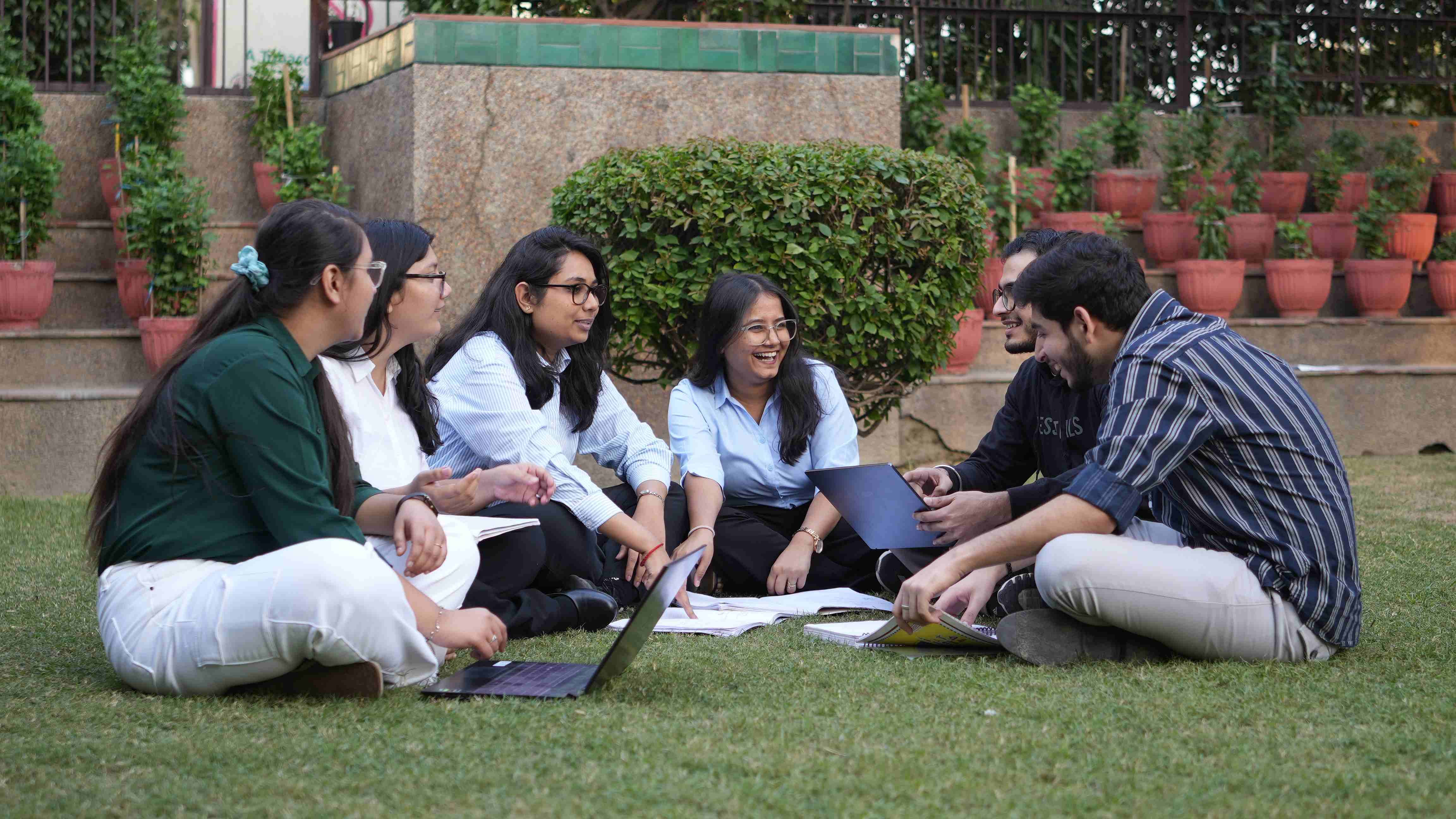XAT, a prestigious competitive test for Indian MBA programs, includes a decision-making section to assess a candidate's ability to analyze situations effectively. Read on to know more about mastering this XAT section.
The Xavier Aptitude Test (XAT) is one of the most prestigious competitive entrance tests for enrollment in MBA courses in India. It includes a unique section called ‘decision-making.’ This section is designed to assess a candidate's ability to evaluate situations and select the best course of action. Here lies the need for one's logical reasoning, moral judgment, and business decisions to succeed here.
Understanding the Decision-Making Section
The decision-making section is composed of scenarios or situations reminiscent of real-life situations. Some of these involve disputes at the workplace, business decisions, or team dynamics. Candidates would need to analyze the provided data, identify crucial problems, and then choose the best-fitting solution from among the multiple choices.
In contrast to other sections, decision-making does not involve any formulas or memorizing; it tests one's decision-making, problem-solving, and ability to deal with uncertainty.
Strategies for Tackling Decision-Making Questions
- Read the Caselet Thoroughly
Begin by reading through the caselet to capture all the details. Pay attention to the context, the stakeholders involved, and the crux of the problem. If you skim through the caselet, you might miss certain details that may be instrumental in decision-making.
- Identify the Core Problem
Delve into the issue and then identify a problem. Often the question may give some issues; however, focus on an issue that requires immediate redressal. For example, in an office conflict, the real problem may lie in communication gaps and not differences in personality.
- Consider Stakeholder Perspectives
Consider how every decision will affect every stakeholder. This includes employees, customers, management, and society as a whole. A decision is good only when the interests of all these parties are balanced in due course with ethical consideration.
- Apply Ethical Judgment
Many decision-making questions feature ethical dilemmas. For these ethical dilemmas solutions with the highest priority should focus on integrity, fairness, and accountability rather than other's rights. Rule out those choices that will provide quick satisfaction but eventually lead to a loss of goodwill in the long run.
- Evaluate Each Option
Carefully consider each of the options given. Dismiss those that:
* Are in opposition to the core issue.
* Will bring benefit to one stakeholder at the cost of another.
* Breach standards of ethical and professional conduct.
The best option will solve the issue by applying fairness and upholding the tenets of the organization.
- Stay Neutral and Objective
Avoid personal favouritism or prejudices from entering the equations of your answers. Make a break in that problem statement; consider and go in as an unbiased decision-taker who uses facts as opposed to assumptions or misconceptions.
- Manage Your Time
A serious challenge in the XAT Exam is time management. Give adequate time allotted to each question, for if you tend to overanalyze and overanalyze questions, you are to compromise your time. Do take mock test sessions to enhance your speed and accuracy in interpreting case lets.
Common Mistakes to Avoid
- Overcomplicating the Problem
Let the case be the case. Don't assume, and don't extend your thinking beyond the scope available.
- Choosing Extreme Options
Too harsh and too lenient solutions don’t touch the root of the problem. Thinking about long-term impacts should be considered during decision-making.
- Ignoring Ethical Considerations
Unethical choices, even though they appear practical, are never the correct answers. Make sure you always prioritize fairness and integrity while making a decision.
Importance of Practice and Mock Tests
In the fine art of decision-making, a lot of practice is an asset. Solve past year's XAT question papers and mock tests and get accustomed to the format. Analyze your answers so as to know where you need to improve and change your approach. Institutions like JIMS Sector 5 Rohini consider decision-making skills as the mark of admission. They evaluate candidates through tests and interviews to choose individuals who will one day lead in solving real-life challenges.





























